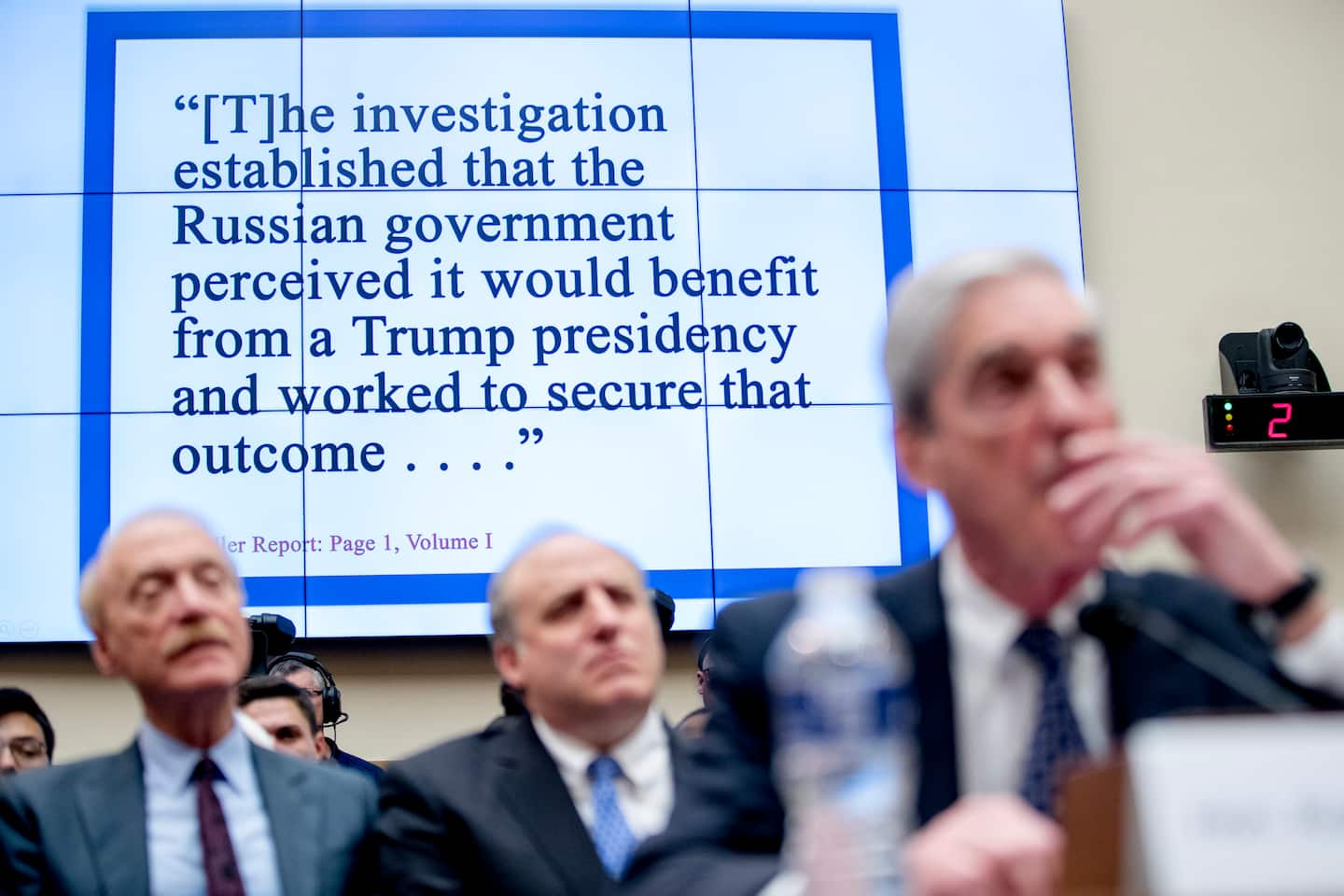Analysis | The viral Twitter thread that explains right-wing conspiracy theorizing — if only inadvertently

You’re probably familiar with this version of events. The Foreign Intelligence Surveillance Act warrant obtained against former Trump campaign official Carter Page in October 2016 plays a central role in the overlapping ideas that the campaign was under close scrutiny and that the scrutiny was a function of false information from Steele. But this is obviously not true, for a lot of reasons. For one, Page had left the campaign by the time the warrant was obtained, a timeline that wouldn’t prevent investigators from looking at his interactions with campaign officials but does seem to undercut the idea that the campaign, not Page, was the target. Page was an adviser not known to have been particularly close to central figures. The feds had already identified red flags around a number of other campaign officials, including the onetime campaign manager; they targeted an ancillary unpaid adviser instead? For another, the warrant did depend on the Steele dossier, information that has not held up as substantiated. It was not the only information included in the warrant application, however, nor was there no other reason to scrutinize Page. He’d already been on the FBI’s radar after a suspected Russian spy identified him as a possible target for recruitment and Page had in fact traveled to Moscow that July, where he came into contact, however briefly, with a senior official in the Russian government.


